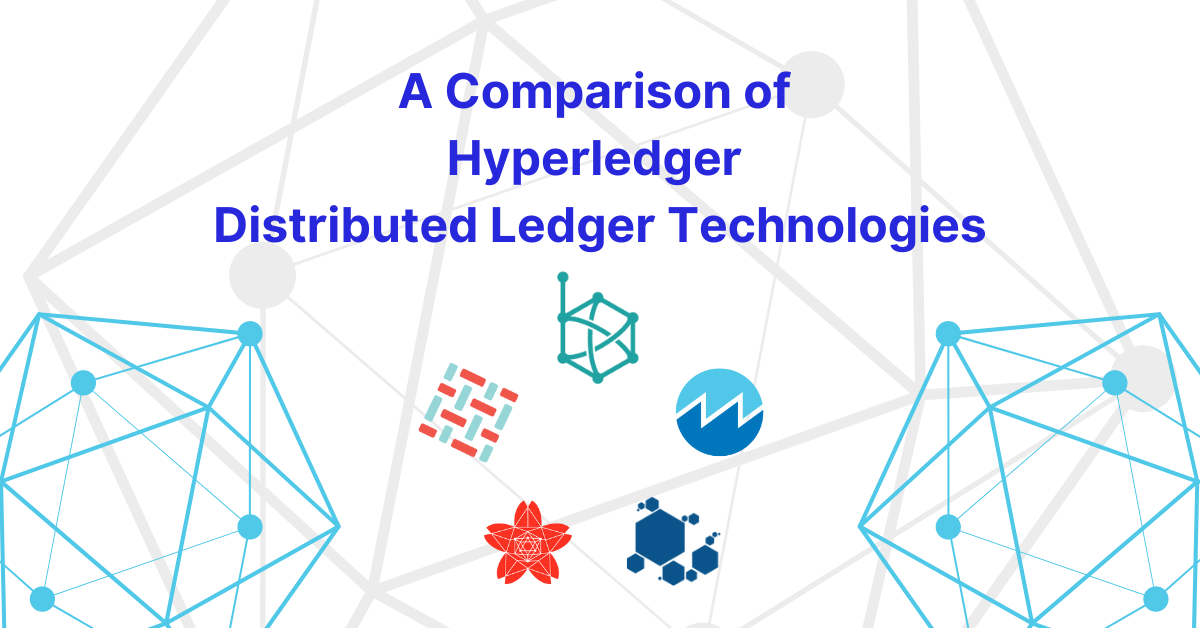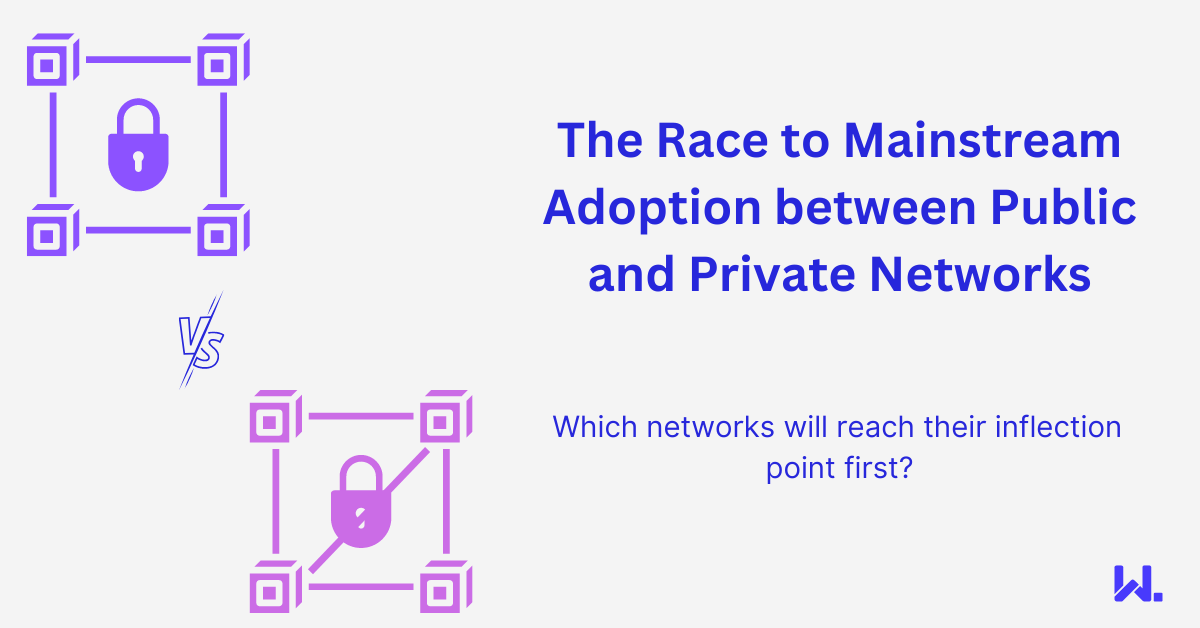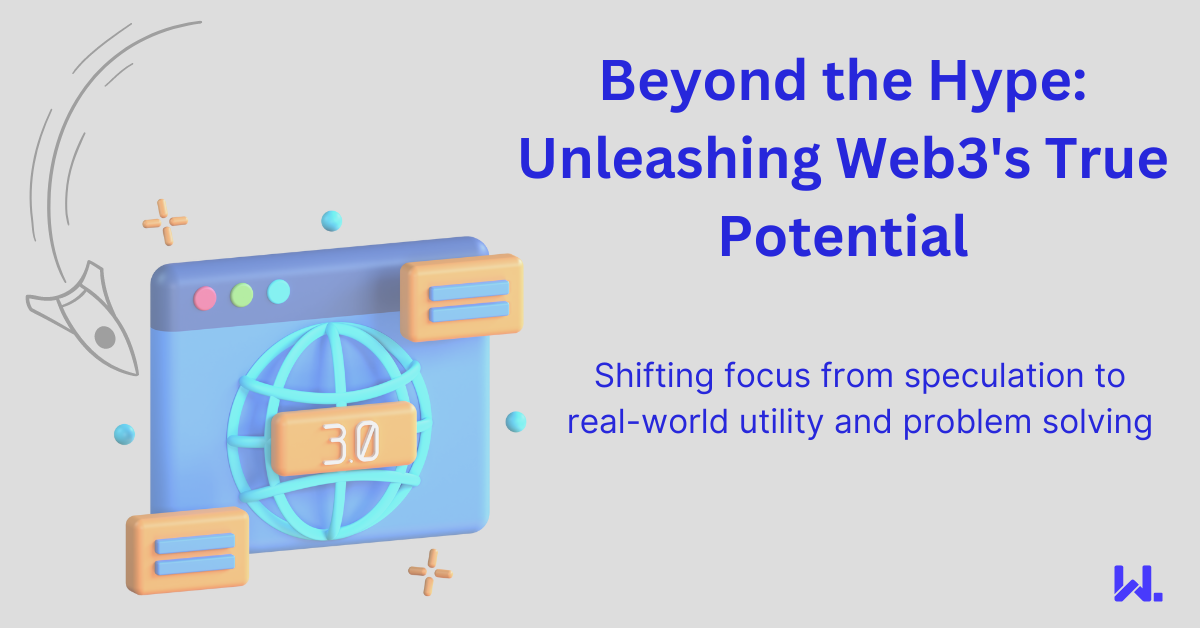Weathering the Storm: Why Blockchain's Future Lies Beyond Current Criticisms
Off the back of the SEC’s most recent antics , there is plenty of negative pieces questioning the actual utility of public blockchain networks and the cryptocurrencies powering them.
There's been a recent flurry of news articles supporting this narrative with Bank of America saying that regulatory uncertainty overshadows blockchain development , and at the FT's The Next Web Conference apparently " crypto’s time has passed, surrendering its momentum to artificial intelligence or simply not recovering from its collapse last year ". And if you really want to double down on the negative sentiment about the technology, you can follow developments at Web3 is Going Great , which curates all of the anti-web3 rhetoric.
Crypto prices may phase some, but for any of the committed builders focused on blockchain and web3 technologies, we've seen this same message time and time again.
Mark Cuban addressed this scepticism about web3 eloquently in a recent tweet when he said “ My entire career has been people telling me why the companies I started were ridiculous and not needed. Until they found themselves using them .”
Now we are talking tech. You are in my space John. I don't comment. I do. My entire career has been people telling me why the companies I started were ridiculous and not needed. Until they found themselves using them.
— Mark Cuban (@mcuban) June 15, 2023
Smart contracts are about 6 years old. Maybe the name…
Fail until you make it
There are countless innovations in the past which were originally discounted as useless or unlikely to catch on from cars to online shopping , and I'm sure the naysayers will highlight just as many high-profile failures . Although trying to predict the future based on the past misses the point. We need to go back to the fundamentals.
Our public blockchain networks are still working. We've not seen a catastrophic failure of any public networks due to a failure of the technology — it is proven.
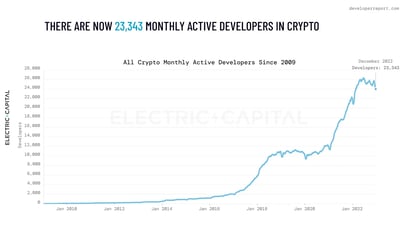
This can also be demonstrated by looking at our open-source Web3j library, which surpassed 3 million downloads earlier this year, and is showing no signs of slowing down.
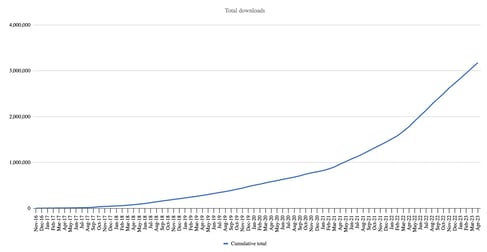
This is also clear from the number of stars the project is getting on GitHub.
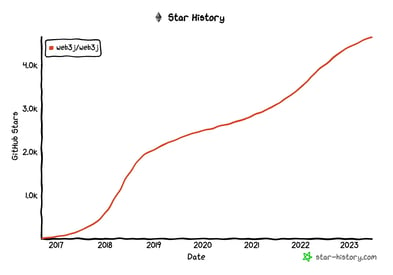
Whilst this represents just a fraction of the number of possible sources that I could be sampling from, I can confidently say there is still plenty of building activity taking place in web3, and it’s only if we see the developers starting to lose interest in the technology that it will fail to fulfil its ambitions.
Web3 may not have its ChatGPT moment for a number of years, but that's ok. ChatGPT only became the hot property it has become off the back of finding ever better ways to interface with its users. Just like web3, large-language models were a proven technology, but they only went truly mainstream once the user experience became significantly better and was able to work in a conversational manner with its users.
It took years of refinement to reach this point and no doubt we will see the same happen with the user experience for tokens and other web3 native assets.
Web3 keeps compounding
As the saying goes, it takes 10 years to become an overnight success. The compounding effect of incremental improvements being delivered by teams now should not be overlooked. In the coming years, they will ensure the way in which we use blockchain technologies to power new types of online experiences or digital native asset classes will look vastly different a decade from now.
The lack of regulation is the biggest problem facing crypto assets. Until we have a regulatory framework in place that accommodates both cryptocurrencies and tokens people will remain susceptible to scams where they are offered using multi-level marketing techniques.
With regulation in place, this becomes a barrier to some projects wishing to offer their tokens to investors. I'm sure Coinbase would be more than willing to adhere to regulatory requests here if they were reasonable and genuinely did protect users of the platform.
This would ensure that people or companies cannot simply create a token and pay an exchange to list it, they will need to demonstrate that it is more than just an idea and is underpinned by some tangible assets with real monetary value. Be that a real business or existing investments, without regulatory scrutiny it makes it easier for scammers to take advantage of naïve investors.
Accredited investor v2
There is the risk that the regulators may take it too far, as they did in the US with the accredited investor requirements to trade unregistered securities. This would keep cryptocurrencies and tokens out of the hands of a significant portion of the populace, challenging the narrative of democratising finance across web3.
However, the permissionless technology that sits at the heart of many public blockchains could potentially circumvent this, as it provides another option for users to interact with these ecosystems.
Will CeFi and DeFi coexist?
This is where I believe a distinction will remain within web3. Where you have those businesses offering web3 services in specific jurisdictions there will be regulatory constraints they need to abide to — think your centralised exchanges.
Then there will be those decentralised applications that are fully decentralised — blockchain native services which will only require an internet connection.
The latter is where there will likely be scammers and charlatans, but the important point is that people have a choice on how to engage with these services — they are not forced to use decentralised protocols with their greater technical complexity, due to centralised exchanges being regulated out of existence.
Instead, they have a choice of both options. The centralised exchanges will operate in a more regulated manner, offering protections to consumers and simplifying their experience to use web3 technologies.
We've been here before
This is analogous to how the interface to many internet protocols such as HTTP, POP/IMAP and FTP evolved into web-based services that provide a more user-friendly and accessible experience via web browsers and through services like Gmail and Dropbox.
Blockchain technology (and crypto for that matter), is a significant technology that will have profound effects throughout our society. Yes, it hasn't found its killer use case yet, but as long as the technical community continues to grow, big problems will be solved in time, and it is this belief that keeps us building.


